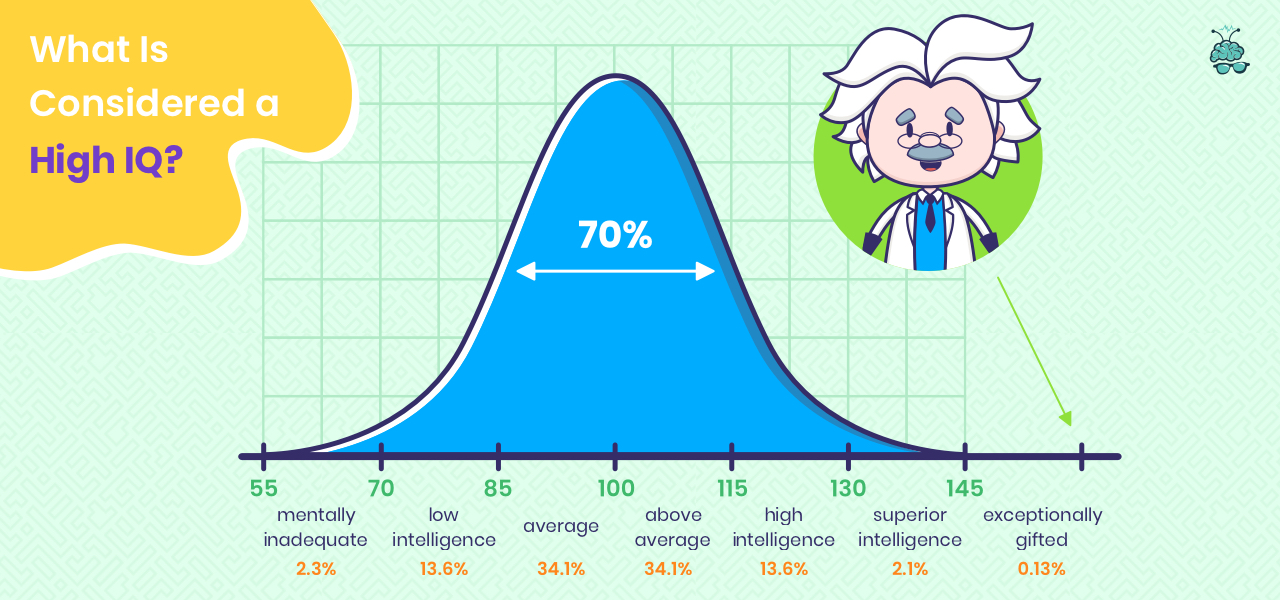Ever wondered what exactly qualifies as "Old English"? It's a question that sparks curiosity and often leads to a deeper exploration of the English language's rich history. This journey into the past unveils not only the roots of modern English but also a captivating world of literature and culture. Let's embark on this exploration together.
Defining Old English can seem like a daunting task, but it's essentially the earliest form of the English language, spoken in England and parts of Scotland from roughly the mid-5th century to the mid-12th century. Think of it as the ancestor of the English we speak today. Recognizing Old English requires understanding its unique characteristics, which distinguish it significantly from its modern descendant.
The history of Old English is intertwined with the Anglo-Saxon settlement of Britain. These Germanic tribes, the Angles, Saxons, and Jutes, brought their languages with them, which eventually merged and evolved into what we now call Old English. This period witnessed the creation of epic poems like Beowulf, offering a glimpse into the beliefs, values, and societal structures of the time.
The significance of Old English goes beyond its historical value. Studying Old English provides a deeper understanding of the evolution of the English language, revealing how words, grammar, and pronunciation have changed over time. This knowledge enhances our appreciation for the language's complexity and its ability to adapt and grow. It also opens doors to a vast body of literature that continues to inspire and influence writers and scholars today.
One of the main issues related to understanding Old English is its unfamiliarity to modern English speakers. The vocabulary, grammar, and pronunciation are vastly different, making it seem almost like a foreign language. However, with dedicated study and the right resources, the language becomes accessible, revealing its hidden beauty and intricate structure.
Old English vocabulary often bears little resemblance to modern English words. For instance, "hwæt" is the Old English word for "what," and "ēare" translates to "ear." Grammatically, Old English is much more inflected than modern English, meaning word endings change to indicate grammatical function. This complexity adds another layer of challenge for learners.
While the challenges are real, the benefits of studying Old English are substantial. First, it enhances your understanding of modern English vocabulary and grammar. Recognizing the roots of words unlocks a deeper level of meaning and appreciation for the language. Second, it allows access to a rich literary tradition, including epic poems and historical chronicles. Finally, learning Old English provides valuable insights into the history and culture of early England.
Advantages and Disadvantages of Studying Old English
| Advantages | Disadvantages |
|---|---|
| Deeper understanding of Modern English | Steep learning curve due to significant differences from Modern English |
| Access to a rich literary tradition | Limited practical application in modern society |
| Insight into early English history and culture | Scarcity of readily available resources compared to modern languages |
One of the best practices for learning Old English is to start with a good textbook and online resources. Consistent study and practice are key to mastering the language's intricacies.
Frequently Asked Questions:
1. What is the time period of Old English? (Mid-5th to mid-12th century)
2. What are some examples of Old English texts? (Beowulf, The Anglo-Saxon Chronicle)
3. How different is Old English from Modern English? (Very different in vocabulary, grammar, and pronunciation)
4. Is it difficult to learn Old English? (Yes, it requires dedicated study.)
5. What are the benefits of learning Old English? (Understanding of Modern English, access to literature, insight into history)
6. Where can I find resources to learn Old English? (Textbooks, online courses, university programs)
7. What is the significance of Old English? (Foundation of the English Language, window into Anglo-Saxon culture)
8. How does Old English pronunciation differ from Modern English? (Significant differences in vowel and consonant sounds).
In conclusion, exploring the question "What is considered Old English?" takes us on a captivating journey into the heart of the English language's origins. While mastering Old English presents challenges, the rewards are well worth the effort. From unlocking the secrets of modern English to accessing a treasure trove of ancient literature, understanding Old English enriches our appreciation for language, history, and culture. Take the plunge and discover the fascinating world of Old English – you might be surprised by what you uncover. Start your journey today and unlock the secrets of this ancient language.
Obsessed with this one paint color
Wedding entertainment disrupted how to make your big day unforgettable
The alluring world of male elf ranger fantasy art


:max_bytes(150000):strip_icc()/terms_m_money_FINAL-bc556f9023f64a15b177e7768124f125.jpg)









